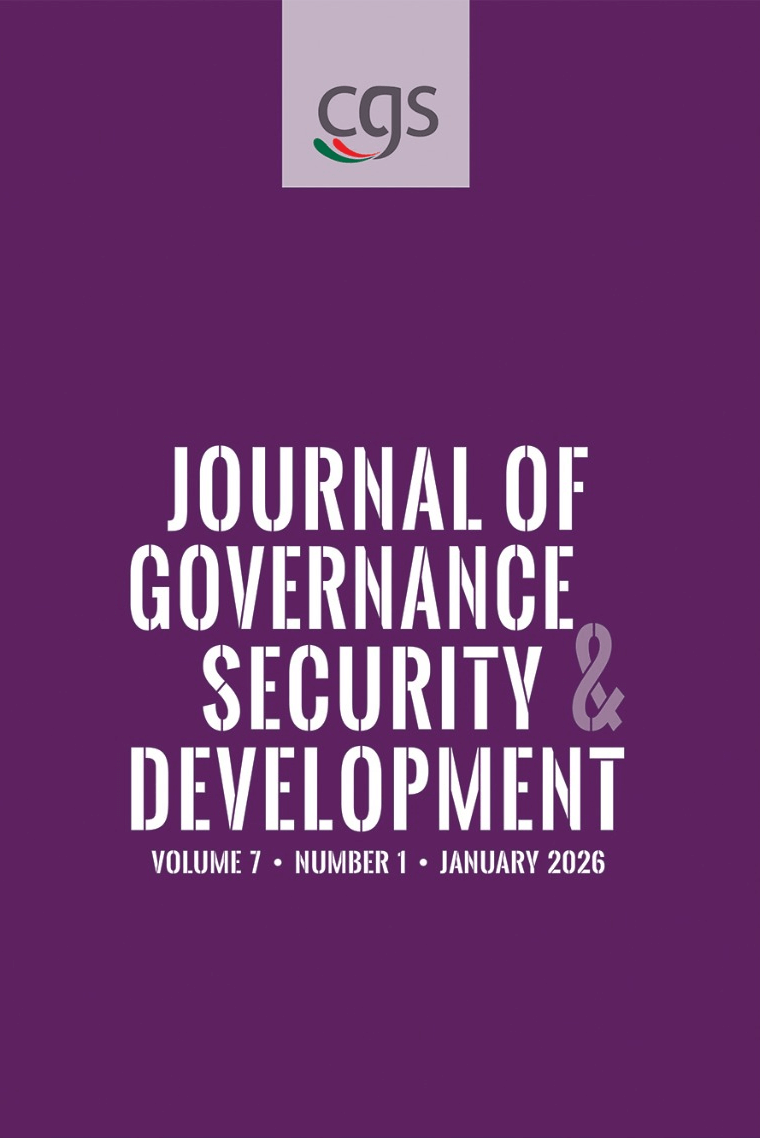Journal Abstract
Volume 2 | Number 1
Online Version: ISSN No: 2709-0590
Print Version: ISSN No: 2708-2490
Price: BDT: 750.00, USD: 25.00
Publish Date: 01, July 2021
Article:
Asif M Shahan
Abstract
In Bangladesh, two contrasting scenarios regarding the responsiveness of the bureaucrats working at the field level are present. Whereas some bureaucrats reach out to the people and respond to their demands, others remain unresponsive and unapproachable. So, why do the bureaucrats working at the grassroots, while performing under the same rules, same institutional context and reality, perform in two different ways while interacting with citizens? How can these two contradictory sets of understanding regarding bureaucratic responsiveness coexist in Bangladesh? This article attempts to unpack this puzzle by relying on a slightly modified version of historical institutionalism. Building on Bell’s model of ‘agent-centric institutional change’ and by using a modified version of Mahoney & Thelen’s framework of institutional change, it argues that dialectical interaction between agents (bureaucrats) and institutions (i.e., rules- both formal and informal, norms that affect the behavior of the agents) within the broader political setting can best explain the variation in behavioral pattern of the bureaucrats. The political context allows agents to exercise discretion in a specific manner in executing their roles and functions while being constrained by institutional rules and norms. The dialectical interaction between structure (political context), agent, and institution determines the current administrative reality, which has allowed the contradiction to emerge and sustain.


